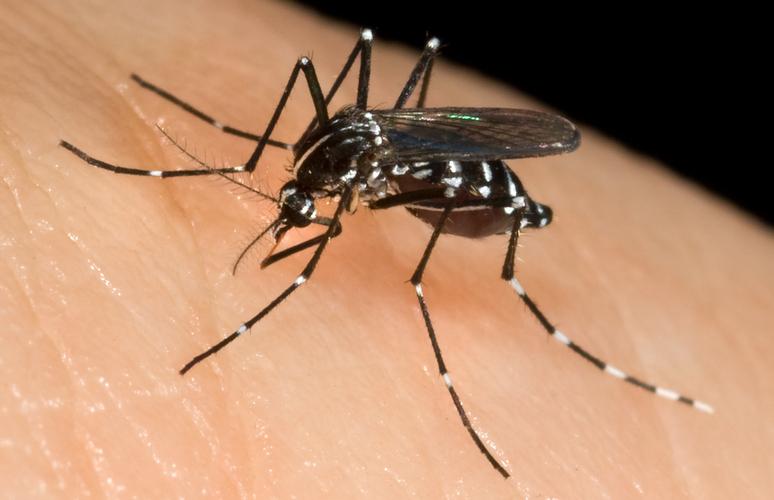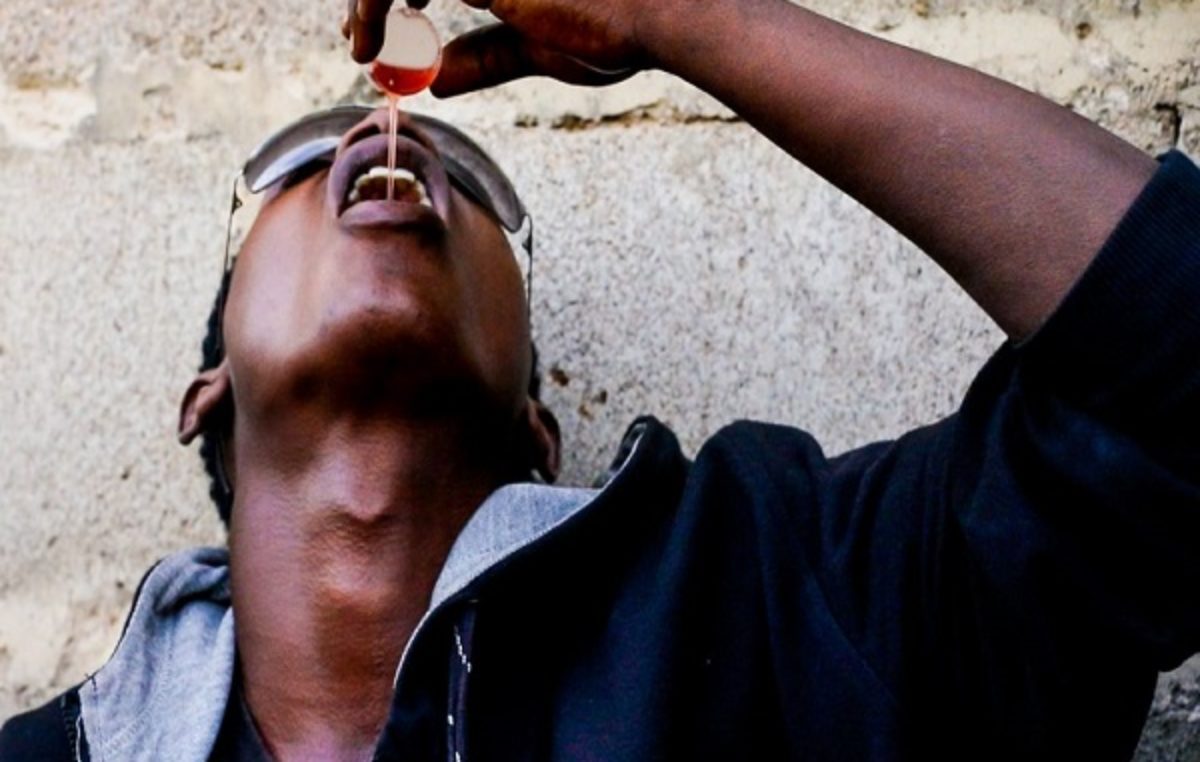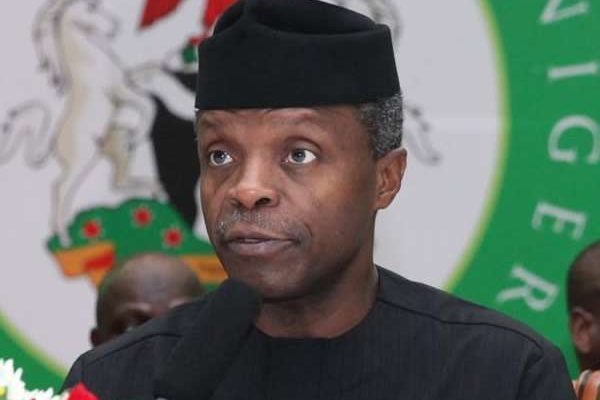We Cannot Win Malaria Fight Alone –FG
The Federal Government has urged the private sector to join in the fight to end malaria in the country by making more investments in Nigeria’s health sector.
Speaking in Lagos Sunday at the Corporate Alliance on Malaria in Africa, CAMA, Private Sector Malaria Forum, Minister for State for Health, Osagie Ehanire said that the government is looking at ways to work together with the private sector in tackling the huge burden of malaria.
“There is need to have a management structure to ensure sustainability and that is why the government is encouraging private investors to invest in our hospitals,” Ehanire said.
“We are looking for private money to drive growth of the health sector. “We are promising the private sector that we will make use of their expertise, efficiency, management skills and their also their distribution skills.
We would also give them full partnership and management of all programmes in which private sector is working with the government,” he further said.
He noted that the Federal Government is currently working with the primary healthcare system to build up the country’s national healthcare.
The Minister of State added that the Health Ministry is working with the Ministry of Water Resources and Ministry of Environment to provide safe and clean water for Nigerians as well as a better environment.
According to him, these form the social determinants of health and strengthening it means fighting against the prevalence of diseases. Also speaking at the forum, Nancy Wildfeir-Field, president, GBCHealth said that Nigeria’s economy losses $1.1 billion each year due to malaria related absenteeism in the work place and treatment costs.
Wildfeir-Field stated that despite challenges in the fight against malaria in the Nigeria and Africa at large, progress has been recorded, saying Nigeria has recorded a 35 percent decline in the number of under-five children testing positive to malaria. “Good health means good business and investing in health is both a business and social imperative.
The resources to drive the development in Nigeria need to start in the country,” she said.
Omobolanle Victor-Laniyan, head-sustainability, Access Bank said “Malaria is a major health and development challenges in Nigeria. The disease represents a major drag on the country’s human development indices, associated with up to 11 percent of maternal mortality ratio, 25 percent of infant mortality rate and 30 percent of under-five mortality rate.”




